Court Overturns US$146m Ruling Against Ex-IPP Director Goh Jin Hian
Singapore’s Appellate Division has overturned a landmark ruling that had held former Inter-Pacific Petroleum director Goh Jin Hian liable for US$146 million in damages, finding that while he breached his duty of care, his actions were not the cause of the company’s losses.
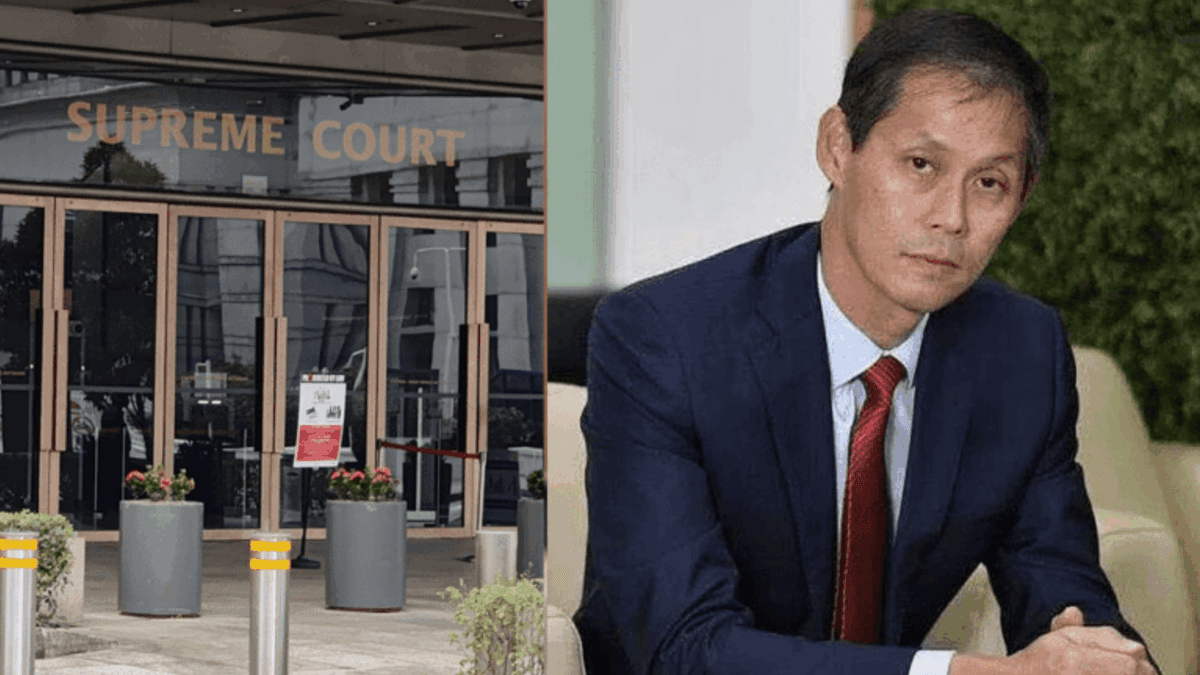
- Singapore’s Appellate Division overturned a February 2024 ruling that held ex-IPP director Goh Jin Hian liable for US$146 million in damages.
- The court found he breached his duty of care but ruled the breach did not cause IPP’s financial losses.
- Judges said the alleged “red flags” were insufficient to trigger an obligation to investigate fraud.
- The damages award was set aside, with Goh’s defence team calling the ruling a major clarification for corporate governance.
- Goh still faces 39 separate charges of false trading linked to his time at New Silkroutes Group.
Singapore’s Appellate Division of the High Court has overturned a landmark judgment that had held former Inter-Pacific Petroleum (IPP) director Goh Jin Hian liable for more than US$146 million (S$187 million) in damages.
The decision, delivered on 5 June 2025 by Justice of the Court of Appeal Tay Yong Kwang and Appellate Division judges Woo Bih Li and Kannan Ramesh, set aside an earlier ruling that found Goh responsible for the massive financial losses sustained by the now-defunct marine fuel supplier.
While the court agreed that Goh had breached his duty of care as a director, it ruled that his conduct was not the proximate cause of IPP’s collapse.
Background to the case
In February 2024, Justice Aidan Xu @ Aedit Abdullah ruled that Goh was negligent for failing to act on warning signs that should have prompted him to investigate suspicious trading activities within IPP.
The court then awarded damages of more than US$146 million in favour of IPP, concluding that Goh’s inaction had contributed to the company’s downfall.
The allegations centred on fraudulent cargo and bunker trades carried out between June and August 2019. IPP argued that Goh had ignored three key events that ought to have raised alarms: an audit confirmation request, the Maritime and Port Authority’s suspension of IPP’s bunker licence, and debt confirmation letters to Maybank.
Justice Abdullah had found these to be clear red flags and ruled that Goh’s failure to act upon them amounted to a breach of director’s duties.
Court finds breach but no causation
In its latest decision, however, the Appellate Division disagreed with that conclusion.
Justice Kannan Ramesh, delivering the judgment, acknowledged that Goh breached his duty by being unaware of IPP’s cargo trading division despite being a director. But he stressed that IPP failed to prove that this ignorance directly caused its financial losses.
“In our view, IPP has failed to discharge its burden of proving that Dr Goh’s ignorance of the cargo trading business was the proximate cause of the loss in question,” Justice Ramesh said.
The court also disagreed with the earlier interpretation of the so-called red flags, finding that the cited documents and events were not strong enough warning signs to compel a director to investigate possible fraud.
“A director may be a sentinel, but he is not a forensics investigator or a sleuth, unless there are signs that would put him on inquiry,” Justice Ramesh explained.
The panel further ruled that Goh did not breach any duty owed to IPP’s creditors, as he had not authorised the cargo drawdowns that caused the losses.
Defence reaction
As a result, the damages award was set aside and Goh’s appeal was allowed in part.
His lawyers, senior counsel Thio Shen Yi and Nanthini Vijayakumar of TSMP Law Corporation, said the outcome vindicated their client.
“Dr Goh has always maintained that his conduct caused no avoidable loss to IPP, and we believe he has been vindicated,” Thio said.
He added that the ruling was significant for corporate governance, clarifying the realistic limits of directors’ responsibilities in detecting fraud.
“Directors owe fiduciary obligations and duties of care to a company, but the Appeals Court has crucially recognised the practical and commercial limits to their ability to scrutinise for and detect fraud, especially deep-seated fraud. This acknowledges the complex commercial realities that directors often operate in.”
Other proceedings pending
Despite the successful appeal, Goh still faces unresolved legal challenges.
In September 2023, he was charged with 39 counts of false trading in connection with his previous role as chief executive officer of New Silkroutes Group. Those charges, brought under the Securities and Futures Act, remain before the court.


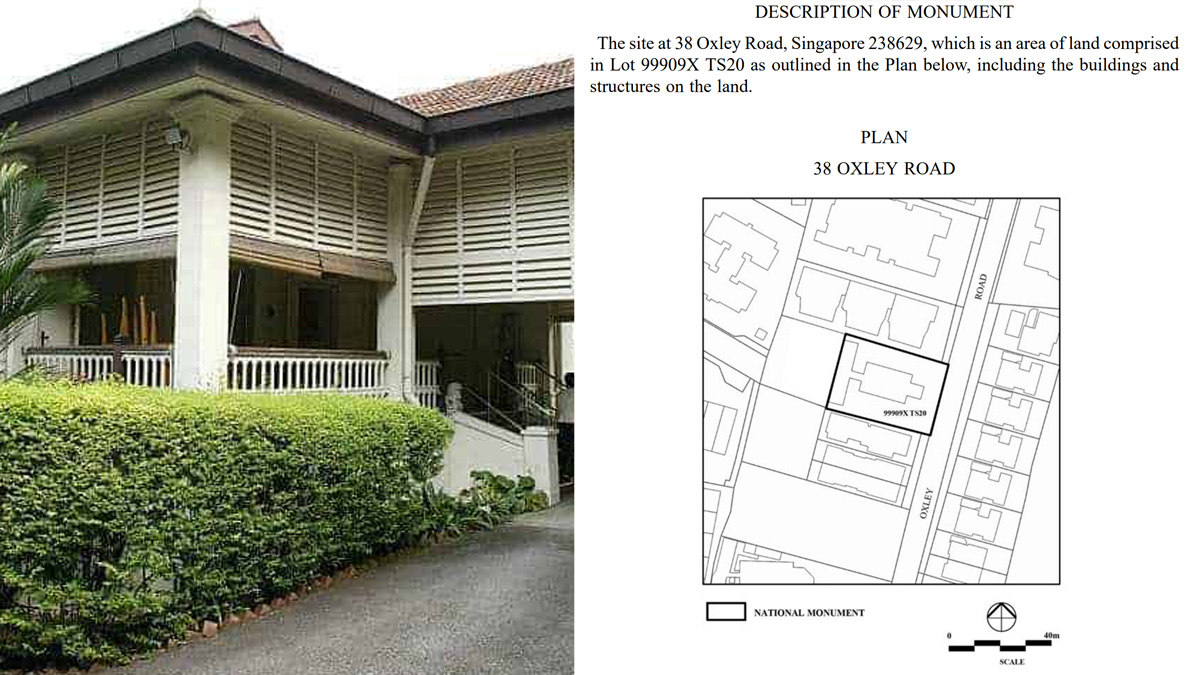
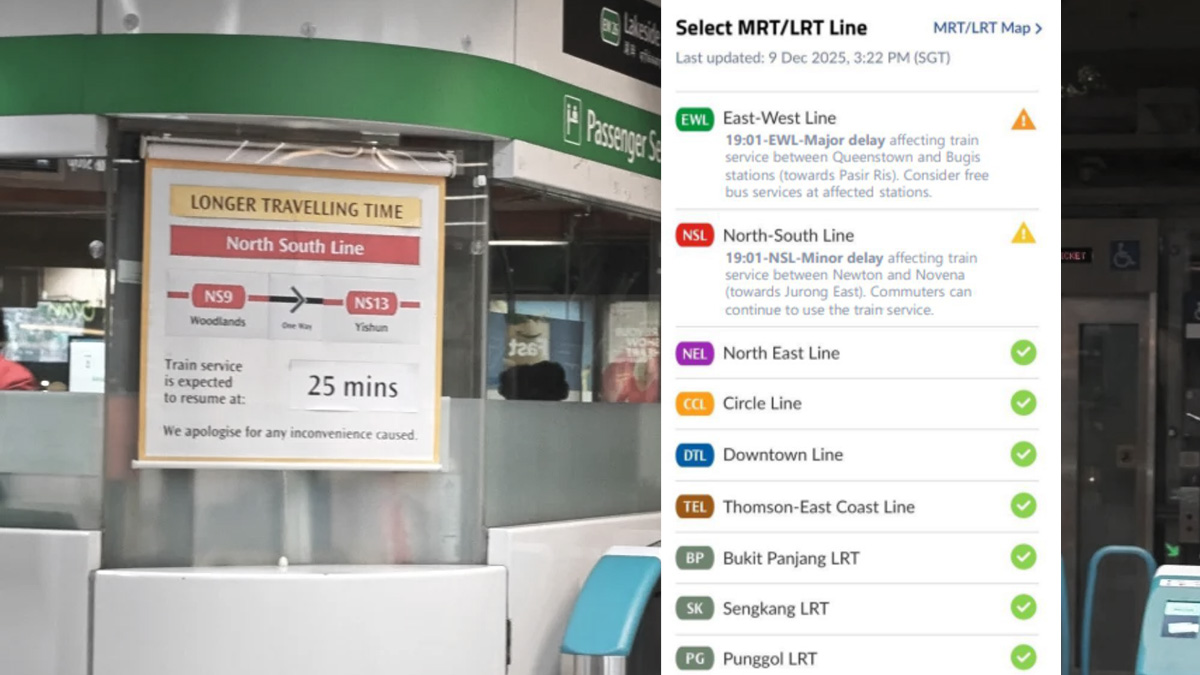
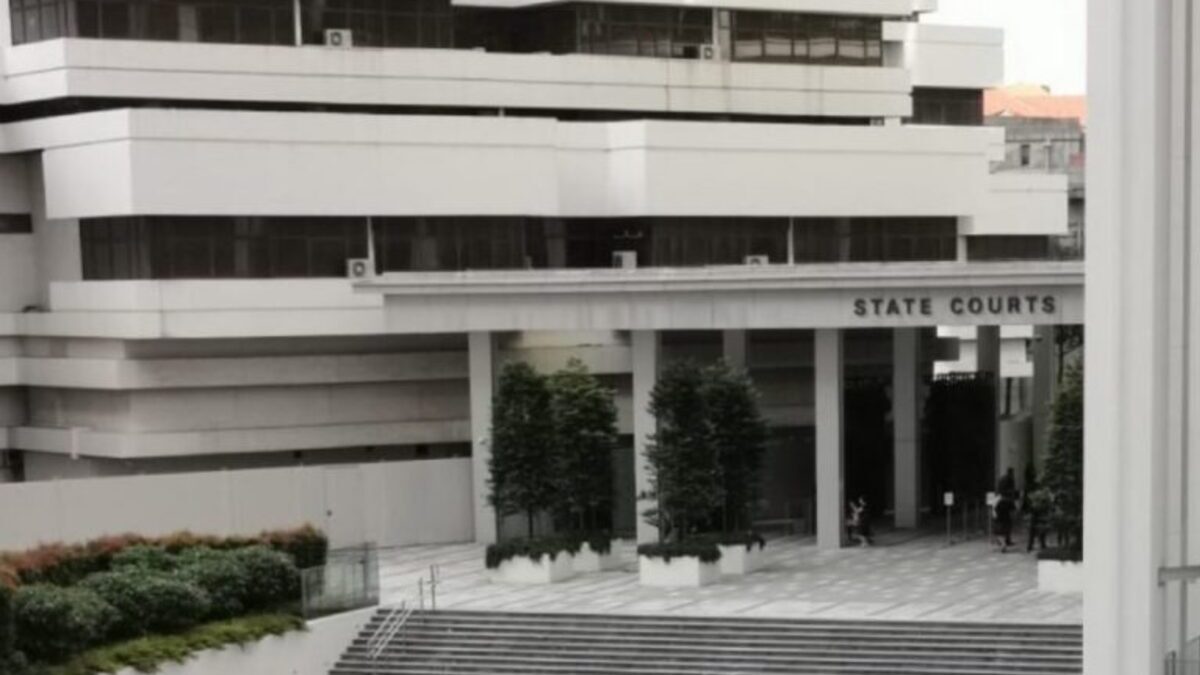
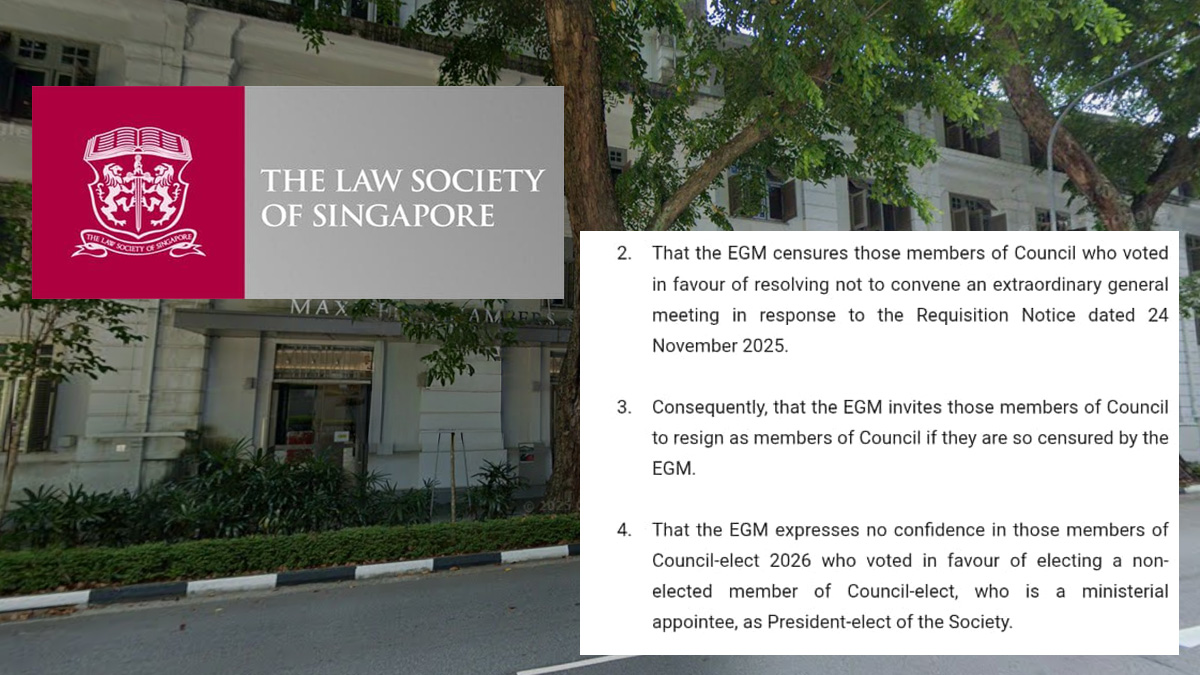
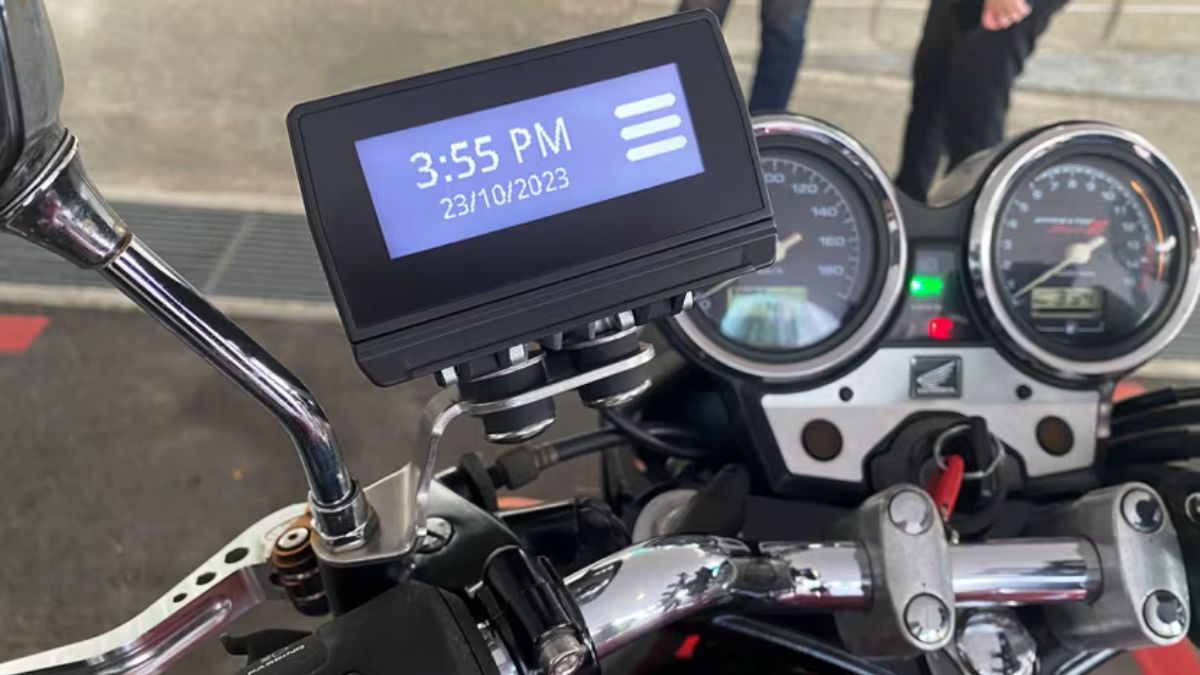
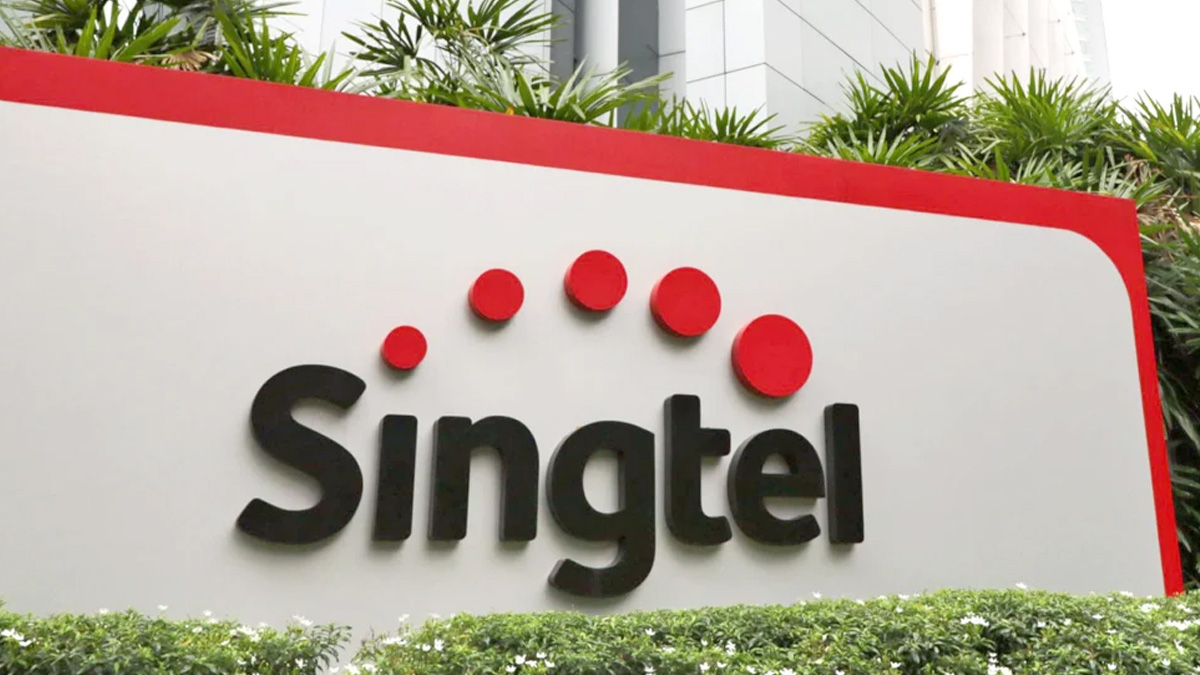
0 Comments